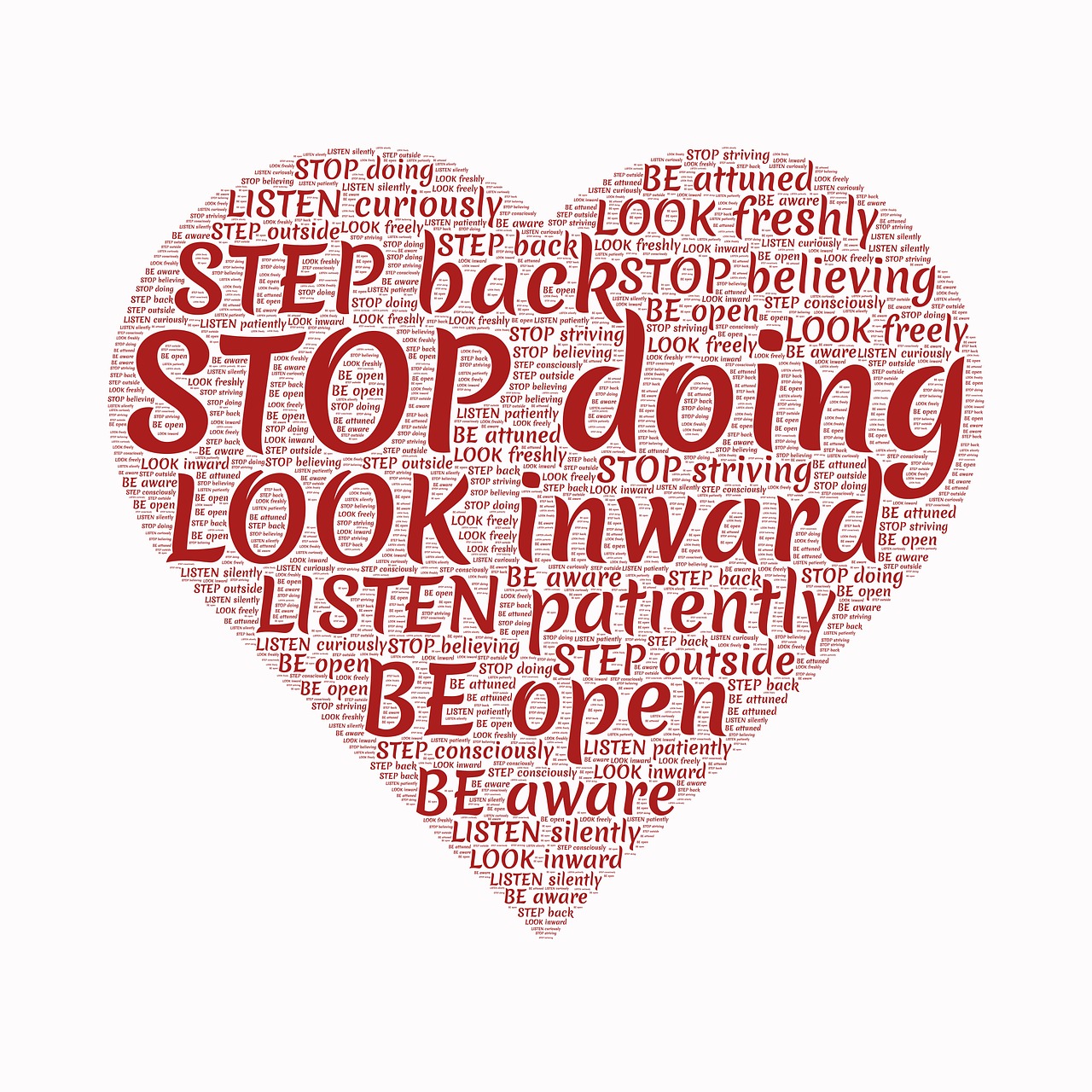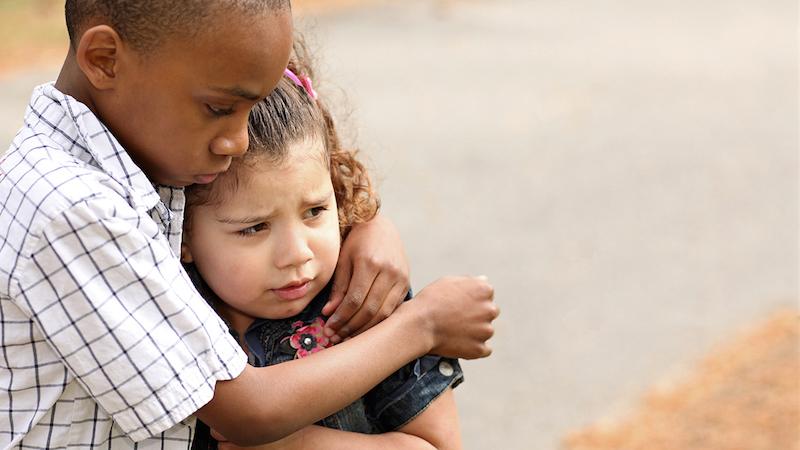In life, each person takes their own individual journey filled with different experiences, passions, and pursuits. However, we additionally carry our own personal traumas and triggers, from past experience of abuse, whether physical or emotional. Because of this, each person processes his or her emotions in a completely unique way.
 This idea may seem obvious and even redundant to some. Yet, we often forget to have sensitivity when approaching others who are suffering. Sensitivity is not about being a “snowflake”, or being a person whose default is meekness or weakness; it is learning how to be adaptable, compassionate, and ultimately empathetic to someone who thinks differently than you.
This idea may seem obvious and even redundant to some. Yet, we often forget to have sensitivity when approaching others who are suffering. Sensitivity is not about being a “snowflake”, or being a person whose default is meekness or weakness; it is learning how to be adaptable, compassionate, and ultimately empathetic to someone who thinks differently than you.
When people are grieving, hit with a major dilemma, or grappling with a major decision, how we navigate or express sensitivity can make all of the difference. Specifically, how we express ourselves is just as important as what we express. I have discovered that you can have the right intentions but with poor timing your delivery won’t land correctly with the ones that are in pain. When approaching a friend or loved one, take into account their past experiences, and gear your comments, advice, and support around the person you are trying to console.
Sometimes, in order to know how to best support our loved ones in difficult times, we must instead learn what NOT to say to them. Some people may not respond well to unsolicited advice, or guidance, or even displays of faith in moments of pain and grief, based on their previous experiences. No one is perfect, and sometimes, difficult things need to be said in order to give those around you a wake up call. But, if you know that your friend has a bad experience with a judgmental partner, DON’T automatically give your opinion on what they should do. If you have a friend that is not particularly religious, don’t say, “I’ll pray for you.” Find another way to get your point across or show that you care.
The idea of showing humanity and sensitivity applies especially now, for in these difficult times, we ALL are struggling. While of course we all have the freedom of speech in what we say or post, it might be best to ask, “Will this do more good or harm to the ones around me. While honesty is admirable, bluntness can have the unintentional effect of being  malicious and causing harm to those on the receiving end. It is not always that people “can’t handle the truth”, it is mostly that people vehemently reject condemnation and judgment inferred from their peers.
malicious and causing harm to those on the receiving end. It is not always that people “can’t handle the truth”, it is mostly that people vehemently reject condemnation and judgment inferred from their peers.
In some cases, the best thing that one can do is to do nothing but show our support and physically be present. It may be more appropriate is to say, “I can’t imagine what you are feeling. I don’t know what to say but I am willing to listen. What do you need? I am here. If you need just to sit in silence I can offer the gift of presence.” But when offering the gift of presence, we have to remember to be TRULY present and engaged. If we show up out of obligation versus activation we can lose sight on humanity that sensitivity can give. Actively showing care and concern tells the ones we love that we support them and are invested in their life. Sensitivity is the ultimate act of kindness; it is what everyone yearns for in moments of pain and suffering: to know that they are loved, cared for, and supported.




